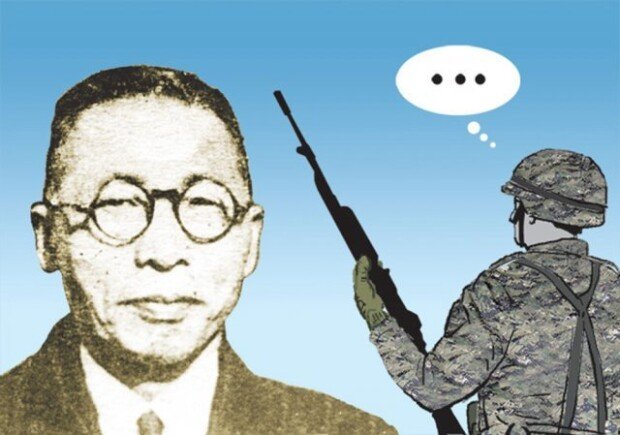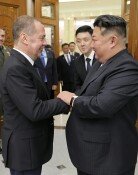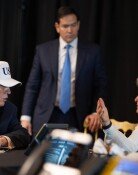True military
True military
Posted August. 17, 2021 07:39,
Updated August. 17, 2021 07:39

Kim Gu who was engaged in the Donghak Peasant Revolution and a civilian army stopped an armed struggle and devoted himself to the patriotic enlightenment movement after the Korea Japan Treaty of 1905 was signed. He was later arrested and imprisoned for his involvement in the New People's Association and the 105-Man Incident. After his release in 1915, Kim realized the limitation of the patriotic enlightenment movement. When the March 1st Movement spread across Korea in 1919, Kim refused to participate by saying, “Hurray cannot bring the country back.”
Kim devoted himself to the Provisional Government of the Republic of Korea after seeking asylum in Shanghai, in which he became one of the leaders of an armed struggle against Japan. Kim’s dream was to form a proper Korean Liberation Army. He had painful memories. The first army he led was the Donghak Peasants' Army. At the age of 18, he led 700 soldiers to attack Haeju Castle. There were 200 Korean soldiers and seven Japanese soldiers in the castle. With this number, they would have struggled to defend all four entrances to the castle. Kim had a strategy. Part of his troops would advance on the southern gate, which was a demonstration. While guards focus their attention on the southern gate, Kim would lead his main troops to make a quick advance to the west gate to take the castle.
As the battle began, the Japanese army fired three or four blank shots at the southern gate, which immediately prompted Kim’s soldiers to run away. When Kim was at the west gate attacking the castle, he was ordered to retreat. He realized that a rabble was not enough for wars and began to train soldiers. The details of the then-situation are recorded in “Baekbeomilji” written by Kim, which states that the most elite troop with the highest number of gunners was pathetic in reality. It is unclear whether their fighting power ever improved enough to fight a battle despite having invited military officers of the late period of Joseon and resourceful figures to train them and a favorable evaluation in the Donghak peasants' army. The troop was destroyed by the attacks of a nearby Donghak peasants' army troop caused by conflicts between the two.
No matter how patriotic they are or how good of weapons they have, only a military troop trained like a true troop can save a country. In order to achieve this, the military needs to be honest and healthy and people need to understand and support them. It is concerning that the both sides seem to be collapsing these days.







